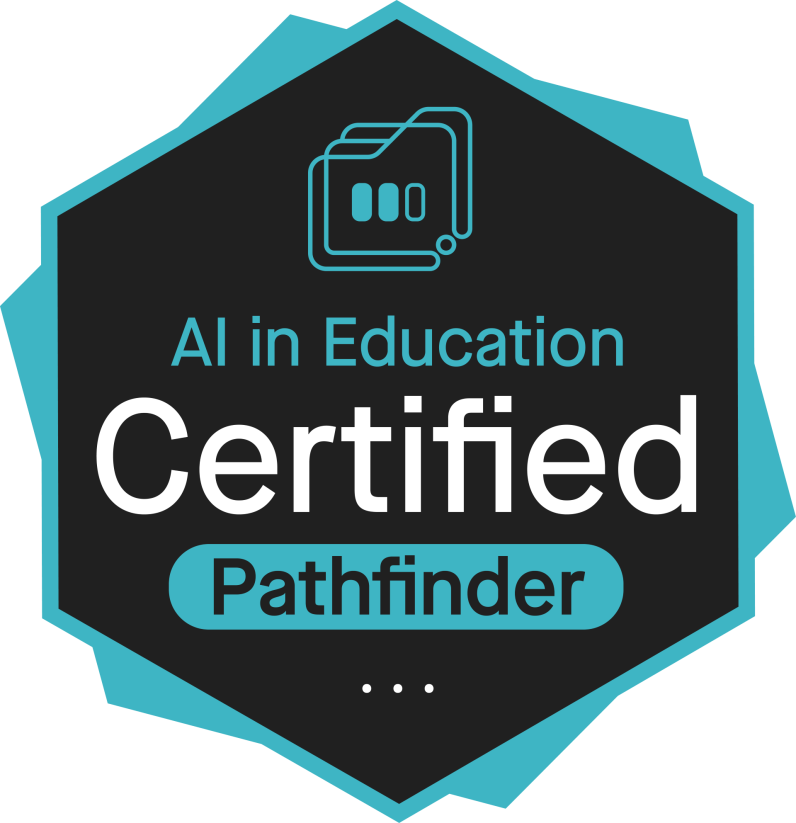RE
R.E
Intent
At Sayes Court, we strive to deliver an R.E curriculum which is accessible to all and that will maximise the outcomes for every child so that they know more, remember more and understand more.
Our aim is to help children to acquire and develop knowledge and understanding of Christianity and the other principal religions represented in Great Britain; to appreciate the way that religious beliefs shape life and our behaviour, develop the ability to make reasoned and informed judgements about religious and moral issues and enhance their spiritual, moral, social and cultural development.
R.E is taught throughout the school in such a way as to reflect the overall aims and values of the school. At Sayes Court School, R.E plays an important role, along with all other curriculum areas, particularly PSHE, in promoting the spiritual, moral, social, and cultural development of our children.
Implementation
At Sayes Court School, it has been agreed that having taken into account the requirements and guidelines presented in the Surrey Agreed Syllabus, the following religions have been selected for study:
- Christianity
- Judaism
- Hinduism
- Buddhism
- Sikhism
- Islam
These religions are explored in themed weeks, class discussions and whole school assemblies.
There are no presumptions made as to the religious backgrounds and beliefs and values of the children and the staff. We value the religious background of all members of the school community and hope that this will encourage individuals to share their own experiences with others freely. All religions and their communities are treated with respect and sensitivity, and we value the links between home, school, and a faith community. We acknowledge that each religion studied can contribute to the education of all our pupils. We promote open enquiry and first-hand experiences wherever possible for both staff and children.
Schemes, programme and resources used to support R.E:
- Kapow
Impact
The children at Sayes Court School enjoying learning lots about other religions and why people choose or choose not to follow a religion. Through their R.E learning, the children can make links between their own lives and those of others in their community and in the wider world. They become skilled cultural navigators, able to handle the differences of faith and belief around them, as well as establish their own sense of identity and belonging.
R.E offers our children the means to understand how other people choose to live and to understand why they choose to live in that way. As such, R.E is invaluable in an ever changing and shrinking world.
What this looks like in practice:
- R.E is taught in every term.
- Each class has a 45-minute R.E lesson once a week.
- All children will have the chance to learn about historical events, people and places from different backgrounds.
- Look closely at similarities, differences, patterns and change.
- Know about similarities and differences in relation to places, objects, materials and living things.
- We use talk for learning in our lessons to guarantee that all students practice their speaking, reading, writing and listening skills.
- SEND students are provided with differentiated work to ensure their understanding of history concepts and vocabulary. E.g. word mats, visuals, support from the teachers.
RE Topics by Year Group
|
Year group |
Year N |
Year R |
Year 1 |
Year 2 |
Year 3 |
Year 4 |
Year 5 |
Year 6 |
|
Autumn 1 |
What makes people special? |
How did the world begin? |
Why do we need to give thanks? |
What makes us human? |
Are all religions equal? |
Why do people have to stand up for what they believe in? |
Why does religion look different around the world? |
|
|
Autumn 2 |
What is Christmas? |
What do some people believe God looks like? |
What do candles mean to people? |
Where do our morals come from? |
What makes some texts sacred? |
Why doesn’t Christianity always look the same? |
||
|
Spring 1 |
How do people celebrate? |
What is God’s job? |
How do we know some people have a special connection to God? |
Is scripture central to religion? |
Just how important are our beliefs? |
What happens when we die? |
Why is it better to be there in person? |
|
|
Spring 2 |
What is Easter? |
Why should we care for the world? |
What is a prophet? |
What happens if we do wrong? |
Who was Jesus really? |
Why is there suffering? |
||
|
Summer 1 |
What can we learn from stories? |
How do we know that new babies are special? |
How do some people talk to God? |
Why is water symbolic? |
Why is the Bible the best-selling book of all time? |
Who should get to be in charge? |
||
|
Summer 2 |
What makes places special? |
Why should we care for others? |
Where do some people talk to God? |
Why is fire used ceremonially? |
Does the language of scripture matter? |
Why are some places in the world significant to believers? |
What place does religion have in our world today? |
|







